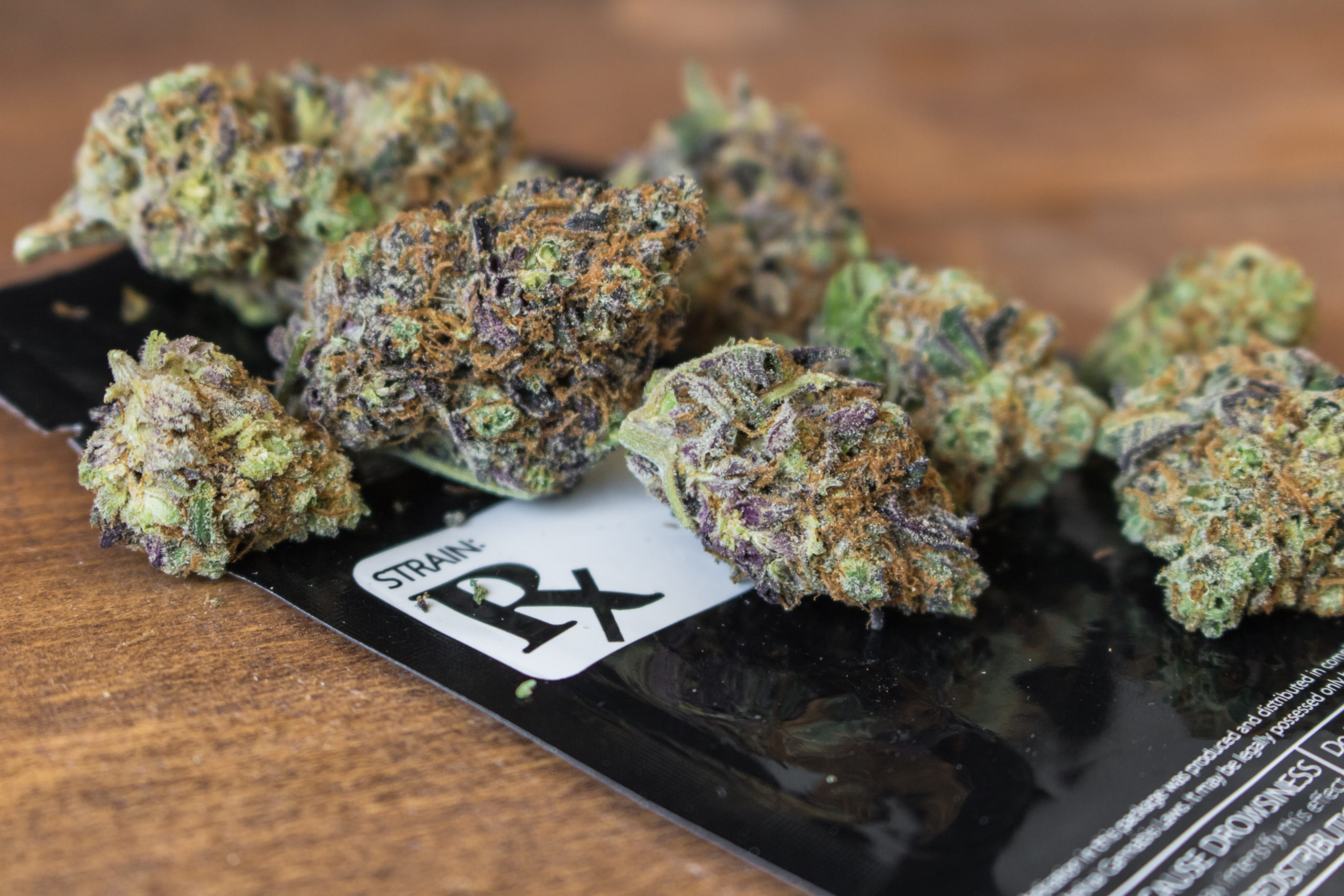Adults with autism report significant quality of life improvements after using medical cannabis, according to a new study published in the Therapeutic Advances in Psychopharmacology journal.
Researchers from Imperial College in London, England, conducted this new study to expand upon the small but growing body of evidence suggesting that cannabis can help treat symptoms of autism. Some earlier research reports that cannabis extracts with a high CBD to THC ratio can help improve behavioral outcomes for children with autism, but other studies have suggested that pure THC oil might be the most ideal treatment.
“Cannabis-based medicinal products (CBMPs) have been identified as a promising novel therapeutic for symptoms and comorbidities related to autism spectrum disorder (ASD),” the study authors explain. “However, there is a paucity of clinical evidence of their efficacy and safety.”
The UK’s medical marijuana program may be extremely limited, but it does allow physicians to prescribe medical cannabis as a treatment for ASD symptoms. Using data from the UK Medical Cannabis Registry, Imperial College researchers identified 74 ASD patients who were legally using medical cannabis products to treat their symptoms. Some of these patients used sublingual extracts while others smoked or vaped flower, and most were using CBMPs with higher concentrations of THC.
The study authors asked each subject to complete a variety of standard assessment scales over the course of 6 months. Using these scales, subjects tracked their anxiety levels, quality of sleep, and health-related quality of life over the study period. Subjects also filled out an additional assessment where they self-reported “the change in activity limitations, symptoms, emotions and overall quality of life” since they started using cannabis.
As a whole, most patients reported significant quality of life improvements after using medical marijuana. Subjects also experienced a significant improvement in their sleep quality throughout the entire 6 month study period, which is especially important given that adults with ASD are more likely to suffer comorbid sleep disorders. Improvements in anxiety levels were seen for up to 3 months, but these symptoms returned after 6 months. The researchers believe that this unexpected change could be due to a design limitation of this small study, however.
The overall quality of life improvements were so powerful that many patients were able to decrease their use of prescription medications. One-third of patients were able to cut back on their use of potentially-addictive benzodiazepines, and a quarter was able to reduce their use of neuroleptics commonly used to treat irritability. These findings confirm many other research studies demonstrating that medical cannabis can serve as a safe and effective alternative to addictive depressant or opioid pharmaceuticals.
“In this first published experience of clinical outcomes in adult patients with ASD treated with CBMPs, there were associated improvements in general health-related quality of life, in addition to sleep- and anxiety-specific outcomes,” the researchers concluded. “Moreover, there was a reduction in the administration of concomitant medications, some of which are associated with serious adverse events with long-term use. CBMPs were well tolerated by the majority (81.1%) of patients.”
“These results must be interpreted within the context of the limitations of study design, and causation cannot be determined,” the study authors caution. “However, it provides scientific justification for further evaluation within the context of randomized controlled trials while also providing guidance for clinical practice in the interim.”











